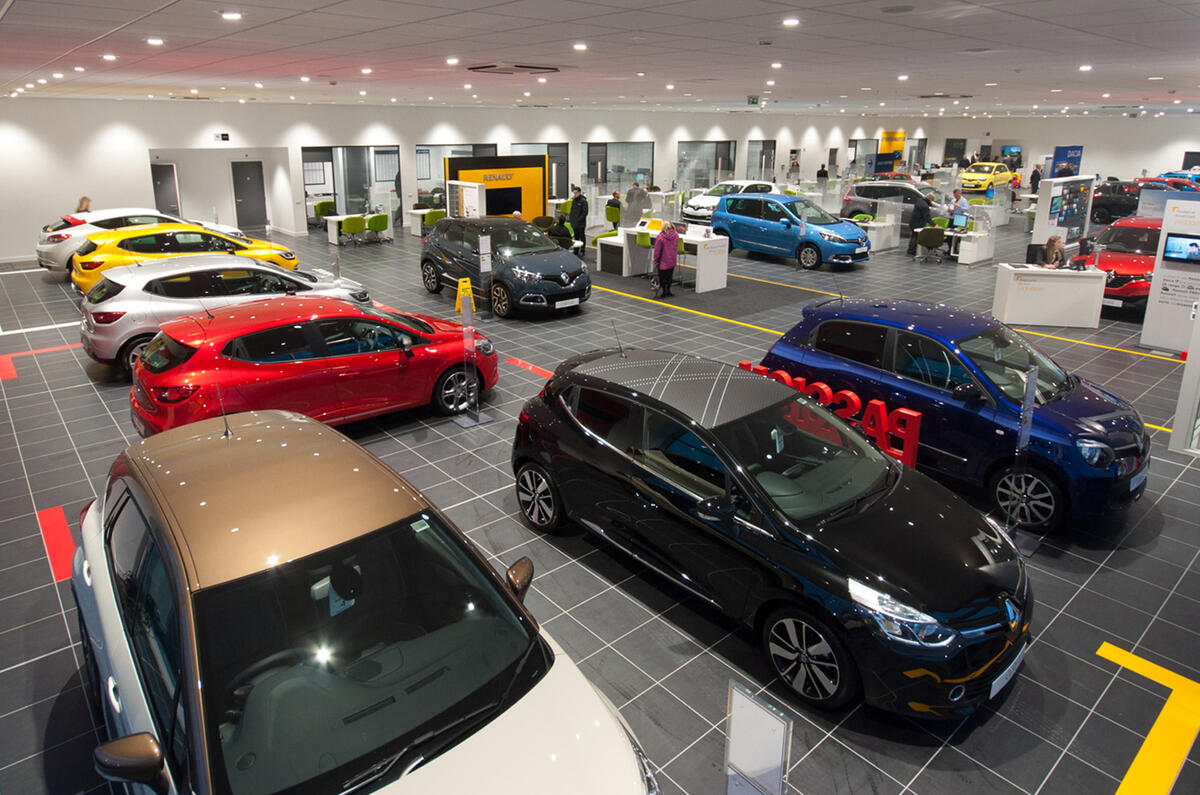Consumer car finance deals, including PCP, rose in the first quarter of 2017, despite the Bank of England announcing that regulators would be investigating the practices involved in issuing the deals.
The increase in PCP deals outpaced the overall growth in the overall consumer finance segment. According to figures released by the FLA (Finance and Leasing Association), the new car finance market grew by 13% in value and 5% in volume year-on-year in March. Across the quarter, it was up by 10% and 3% in the same criteria compared with Q1 of 2016.
Used car finance rose as well, with even higher figures for value and volume - 17% and 11% respectively - contributing to the raise across the first quarter.
This growth comes despite an unstable February. Volume fell by 2% in the new car market while value increased by 2%, while in used car PCP a similar situation occurred, with volume stagnating with a 1% decline, and a 3% increase in value of new business.
This fluctuation is likely due to the new ‘17’ plate coming into effect, although car-selling experts are concerned about the trade overall.
Alex Buttle, director of car buying website Motorway.co.uk, said: "The car finance industry might claim they are lending responsibly, and that may well be the case, but they can't control car values; our figures suggest diesel prices could fall 10-15% over the next 12 months.
"Car finance deals, of which many will be diesel cars, are at record levels as diesel car values are starting to fall in the wake of negative news.
"The majority of car finance deals are PCPs, which are calculated according to how the car depreciates, at a time when car values could start falling. There could be a lot of financed diesel car owners concerned that the value of their car will drop and put them in negative equity territory at the end of the deal term.”
Read more:
Bank of England looks to regulate PCP car finance deals
PCP (Personal Contract Purchase) explained: how to get it right




Join the debate
Add your comment
We expected a massive rise in March '17 surely...?
I thought the whole point of
Exactly, but the dealers that
Main dealers might be willing to take a little hit to keep a customer but the sub-prime sellers might have significant paper losses to cover.
PCP has the potential to be a big problem if the bubble bursts but it is those who sold the cars who stand to lose most.
Worst case scenario for the customer is no equity to put towards the next deposit, something that should never be counted on anyway.
PCP - a problem coming for dealers
As finecitytom says dealers will have a flood of cars being handed back as the lessee does not wish to throw good money after bad and buy the car outright at a 'now inflated' price at the end of their PCP's.
Shame for me as I quite like my car and would have kept it but do not wish to pay 'over the odds' for something that is going to lose me money immediately and cost me more in taxes and duties in the coming years despite it being an EU6 model.
So when they ask for their final payment it will be 'bye-bye'.
The finance company won't lose but the dealers will and as they won't be able to offer any equity there will be no reason to stay with that dealer or that maker.
negative equity
I understand the concept but this statement misrepresents the situation.
Let me correct that for you...
"There could be a lot of financed diesel car lessors concerned that the value of their car will drop and put them in negative equity territory at the end of the deal term.”